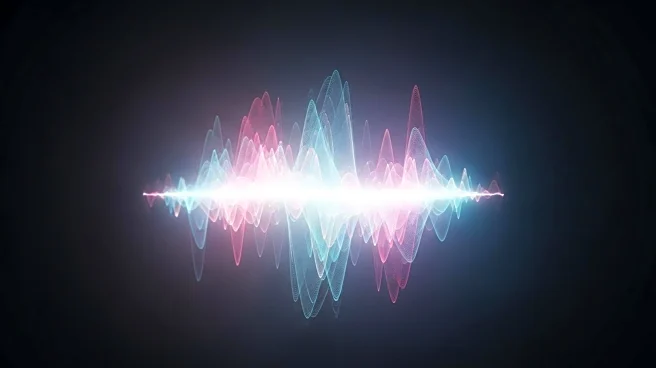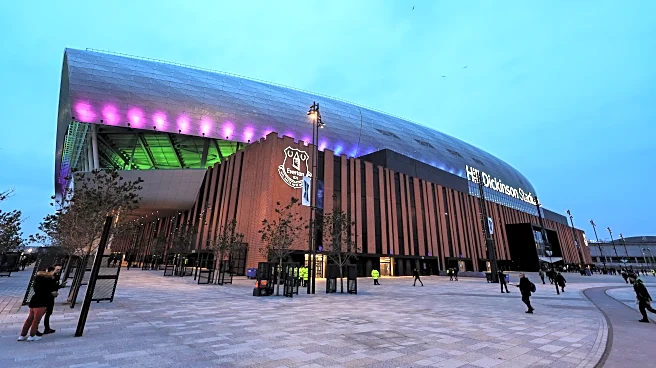What's Happening?
Taylor Swift has launched a unique promotional campaign for her twelfth album, 'The Life of a Showgirl,' involving an online scavenger hunt. Fans were tasked with searching for 'Taylor Swift' on Google, which led them to a cryptic message: '12 cities, 12 doors, 1 video to unlock.' Participants had to locate physical doors, scan QR codes, and collectively click to reveal a lyric video for 'The Fate of Ophelia.' However, some fans expressed concern that the promotional videos appeared to be AI-generated, sparking debate over the authenticity of the content. Google and Swift's team have previously collaborated on similar projects, but neither has confirmed the use of AI in this campaign.
Why It's Important?
The potential use of AI in Taylor Swift's promotional videos highlights ongoing discussions about AI's role in creative industries. While AI can offer cost-effective solutions for artists, it also raises ethical concerns regarding the authenticity and originality of creative works. Swift's stature in the music industry amplifies these concerns, as her choices could influence broader industry practices. The controversy also touches on the issue of misinformation, as Swift has previously spoken out against AI-generated content falsely representing her views. This situation underscores the need for transparency in AI usage, especially in high-profile projects.
What's Next?
As the debate over AI-generated content continues, stakeholders in the music and tech industries may need to address ethical guidelines and transparency in AI usage. Fans and critics alike will be watching for any official statements from Swift or Google regarding the technology used in the promotional campaign. Additionally, this controversy could prompt further discussions on the impact of AI on artistic integrity and the potential need for regulatory measures to protect artists' rights.
Beyond the Headlines
The use of AI in creative works poses broader implications for the future of art and entertainment. As AI technology advances, it could redefine the boundaries of creativity, challenging traditional notions of authorship and originality. This development may also influence cultural perceptions of art, as audiences grapple with distinguishing between human and machine-generated content. The ethical considerations surrounding AI's role in art could lead to new legal frameworks and industry standards to ensure fair use and protect artists' intellectual property.










